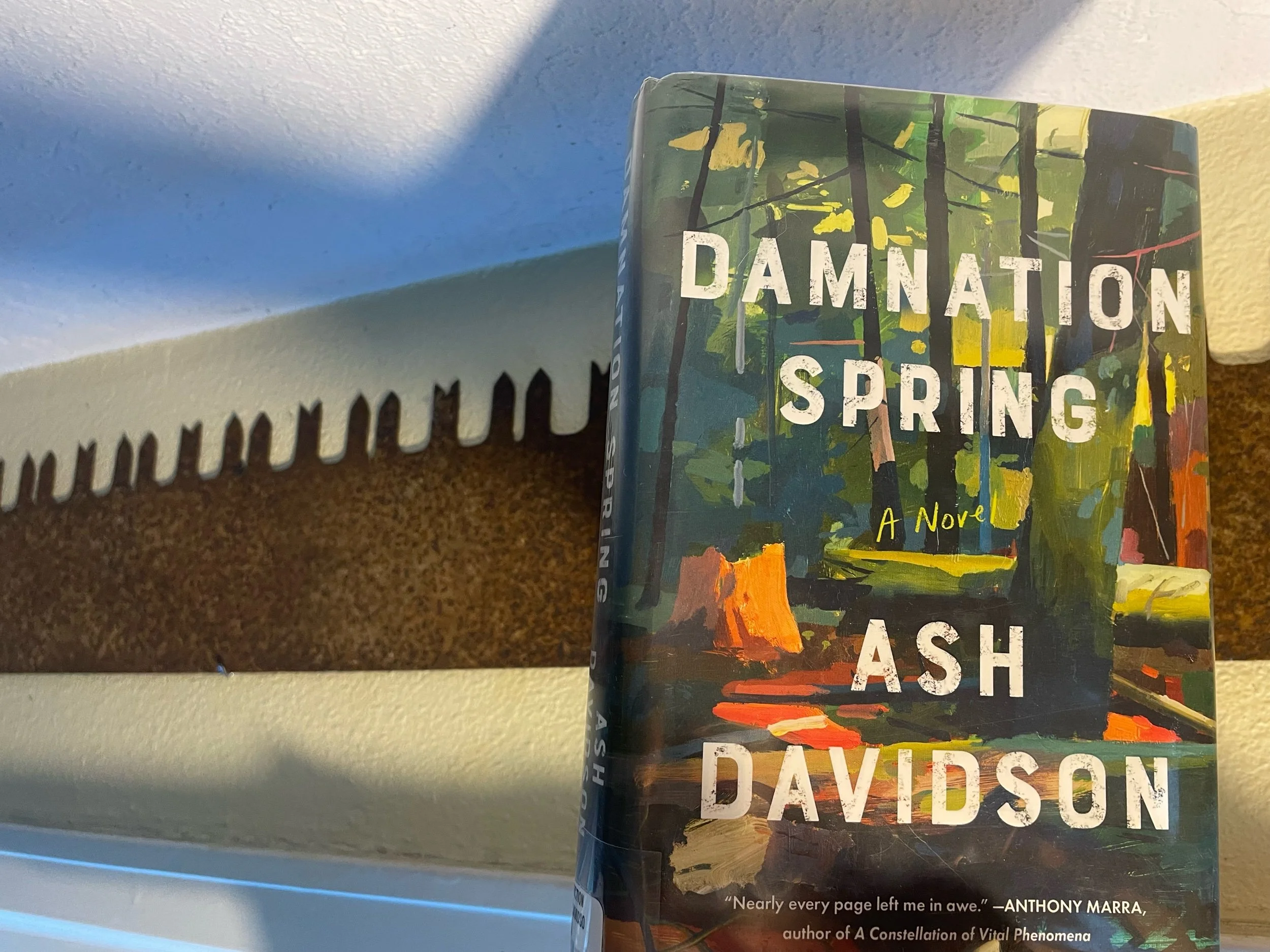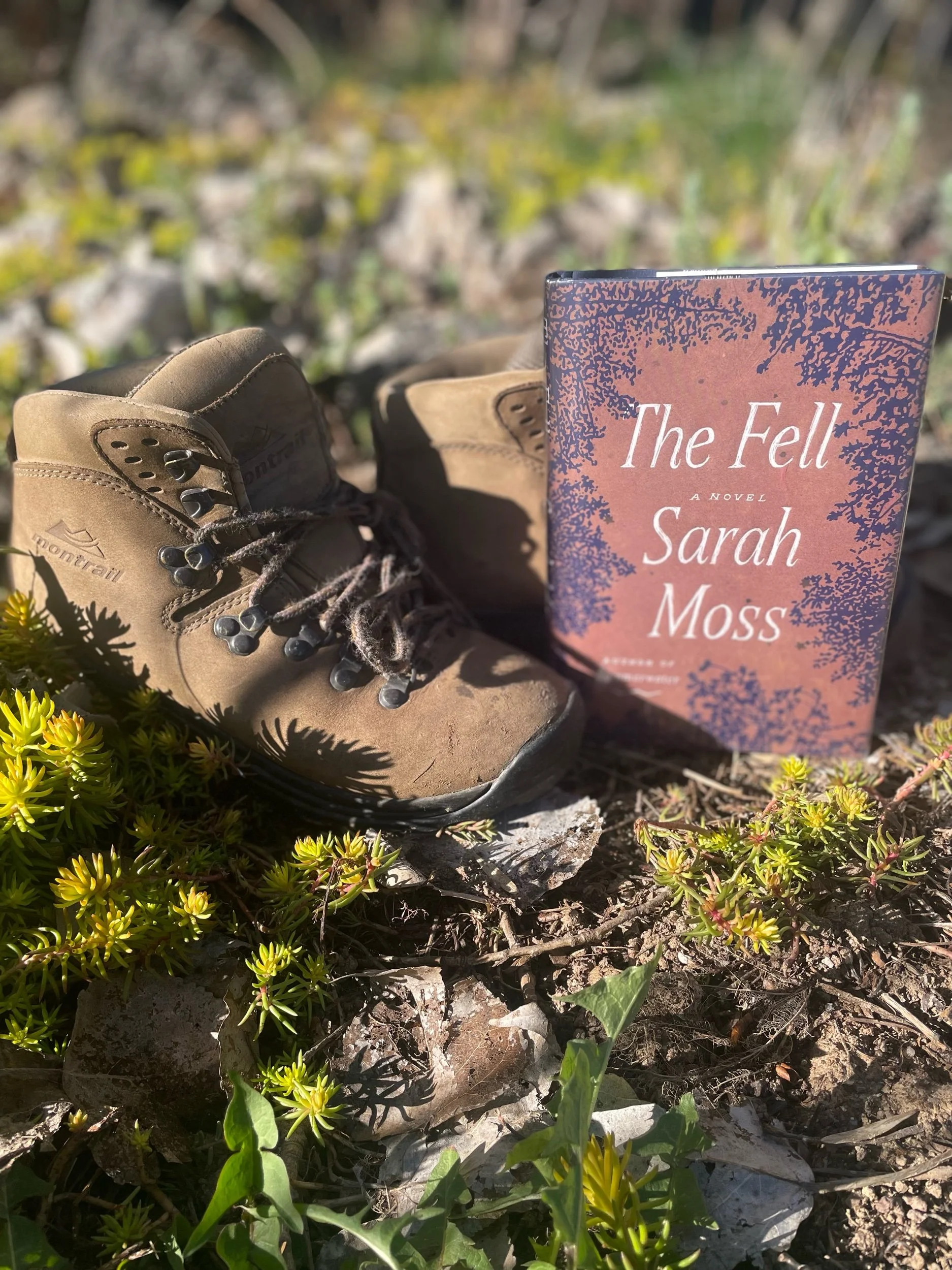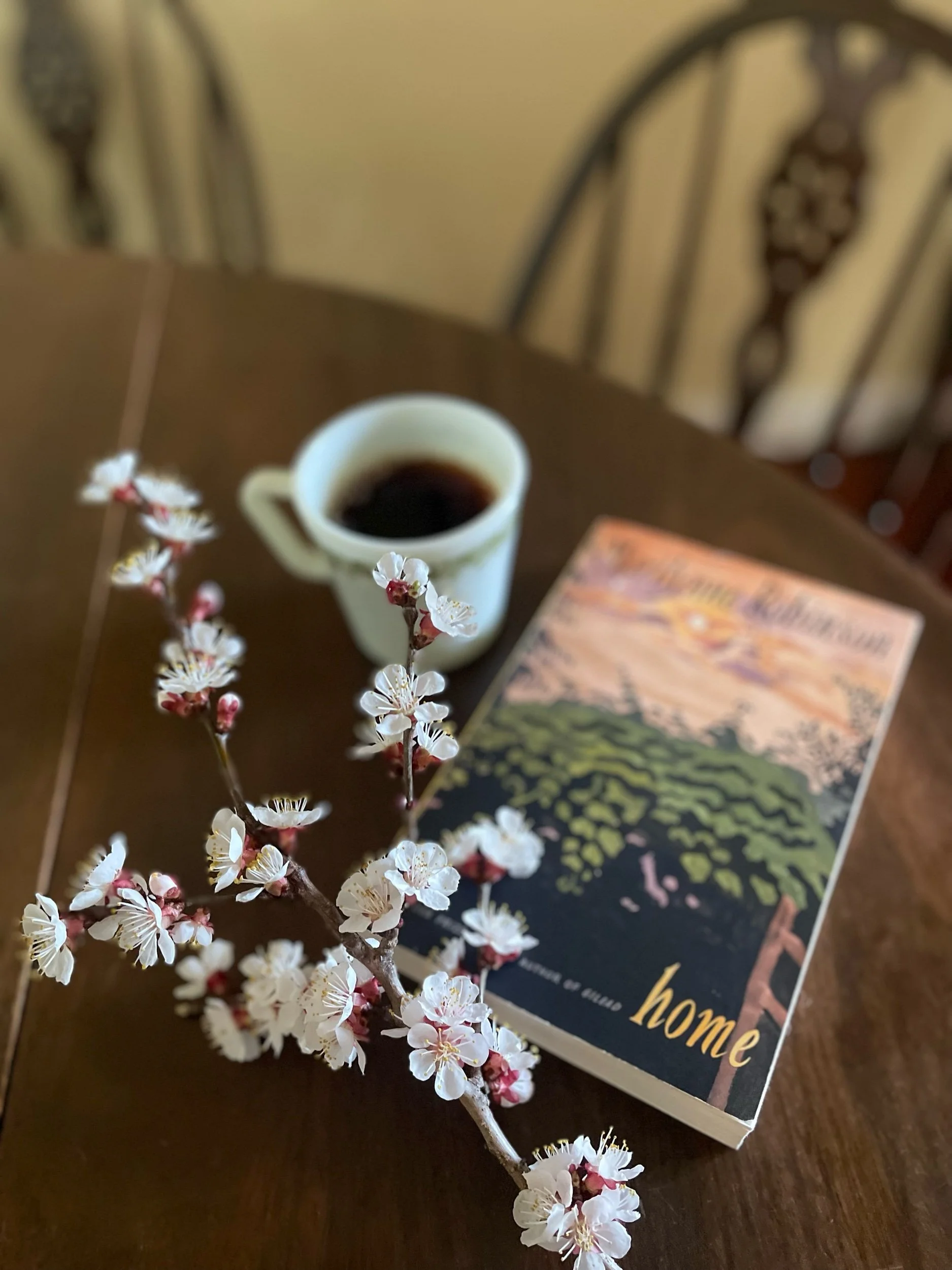Damnation Spring
Some books zoom in on a place and its local culture, bound to the setting both in terms of geography and time in ways that pull the reader in. Ash Davidson’s debut novel Damnation Spring (2021) does just that. Readers cozy up with the book firmly in the 21st-century, but within sentences Davidson’s prose transports them to 1977 amid the coastal redwoods and gritty logging families of Northern California. As anyone with knowledge of 1970s logging communities knows, this book deals with some very difficult themes (things like premature death, poverty, miscarriage, and adultery to name a few). Rural towns like the one readers come to know intimately in Damnation Spring, witnessed major cultural upheaval during the 1970s. Growing public environmentalist sentiment and dwindling old growth logging opportunities led to heated conflicts which often pitted neighbor against neighbor. It is a conflict that continues to play out in logging communities of California and Oregon, but Davidson’s novel takes readers to its inception—its wellspring, if you will—in Damnation Spring. This novel is both moving and troubling as it investigates universal themes like marriage, love, and community set in a very specific historical moment.
Damnation Spring takes its name from the spring-fed creek that winds its way through Colleen and Rich Gunderson’s property. It is their drinking water and the source of a community-ravaging conflict over pestide use by the logging company. Rich teaches their young son, Chub, to navigate the woods on the map of his hand, using creeks like Damnation as landmarks. Damnation is their drainage, their water-source, their life spring. Its pollution represents a deeper issue. Colleen and Rich’s marriage reflects the crisis of their community like a cool mountain spring as they face grief, fear, and their shared hope for a better future for their son. Colleen is a lay midwife and Rich, many years her senior, is a tree-topper for the local logging company. Both their jobs are fraught with life-and-death experience and both, Colleen comes to believe, are impacted by the toxins used by the logging companies. Questions of local pesticide poisoning and the limitations on logging set by increasing numbers of protected swaths of old growth redwood in the form of state parks, bubble up as Colleen and Rich maneuver their own private crises in their quiet ways.
Having married into a family with many generations of Northern California redwood loggers (dating back to the 1800s), I knew some version of this story. I knew about the timber wars of the 1970s and 80s. I recognized the early culture war emerging between the university-educated ecologist and the local lumber-dependent families. I also recognized the soft-spoken humility, complicated environmentalism, and general grit of the people who came of age in the harsh landscape of Northern California. I found Damnation Spring moving and compelling as Davidson’s characters face bitter loss and explore the complexity of sacrifice. This is a book in which readers know from the start something tragic is coming, but it may not come in the form or at the time we expect it. This is a book for folks who long to understand the roots of the culture wars still ravaging American society, set in the culture and economy of a specific place and time. Reader, if you find yourself drawn to domestic fiction, the history of logging and/or American environmentalism, Damnation Spring will undoubtedly quench your thirst for a good read.
Bibliography:
Davidson, Ash. Damnation Spring. Scrubber: 2021.






